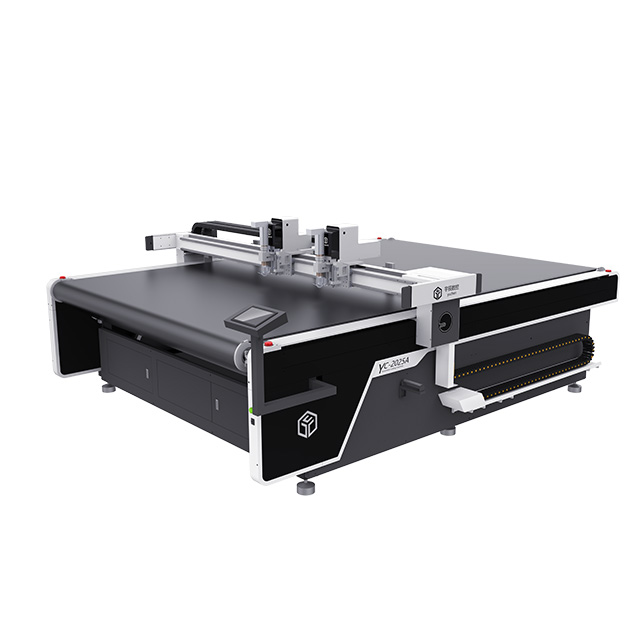CNC (Computer Numerical Control) carpet cutting machines play a crucial role in supporting on-demand and just-in-time manufacturing practices by providing flexibility, precision, and efficiency in carpet production.
Here are ways in which CNC carpet cutting machines contribute to these manufacturing strategies:
- Rapid Changeovers:
- CNC carpet cutting machines are designed for quick changeovers between different carpet designs and sizes. This flexibility enables manufacturers to swiftly transition from one production run to another, facilitating the on-demand production of various carpet styles based on market demand.
- Digital Design Integration:
- These machines seamlessly integrate with digital design software, allowing manufacturers to easily input and modify design specifications. Digital design integration supports the rapid customization of carpets according to customer preferences or changing market trends.
- High Precision and Accuracy:
- CNC technology ensures high precision and accuracy in carpet cutting. This is crucial for on-demand manufacturing, as it allows for the production of carpets with consistent quality, regardless of design variations or customization requirements.
- Optimized Material Utilization:
- CNC carpet cutting machines utilize advanced nesting algorithms to optimize the arrangement of carpet patterns on rolls or sheets. This maximizes material utilization, reduces waste, and supports efficient on-demand manufacturing practices by minimizing excess inventory.
- Customization Capabilities:
- CNC machines offer customization capabilities that align with just-in-time manufacturing. cnc carpet cutting machine Whether it’s adjusting the size, shape, or design of carpets, these machines can quickly adapt to meet specific customer orders without the need for extensive manual adjustments.
- Flexible Production Runs:
- CNC carpet cutting machines are well-suited for both small and large production runs. This flexibility allows manufacturers to produce carpets in response to immediate demand, avoiding the need for large, pre-produced inventories and aligning with just-in-time manufacturing principles.
- Reduced Lead Times:
- The efficiency of CNC carpet cutting machines contributes to reduced lead times in production. With quick setup and cutting processes, manufacturers can respond rapidly to customer orders, supporting on-demand manufacturing and minimizing the time between order placement and product delivery.
- Real-Time Adjustments:
- CNC systems enable real-time adjustments during the cutting process. This capability is valuable for adapting to changing production requirements, ensuring that carpets are manufactured with the most up-to-date specifications and meeting immediate customer demands.
- Scalability:
- CNC carpet cutting machines are scalable, allowing manufacturers to adjust production capacities based on demand fluctuations. This scalability is essential for accommodating varying production volumes and efficiently managing resources in a just-in-time manufacturing environment.
- Reduced Setup Times:
- CNC machines minimize setup times compared to traditional cutting methods. This rapid setup is advantageous for on-demand manufacturing, where quick adjustments and transitions between different carpet designs are essential.
- Enhanced Quality Control:
- CNC systems contribute to enhanced quality control by ensuring consistent and accurate cuts. This reliability is crucial for meeting customer expectations and maintaining high-quality standards, especially in on-demand manufacturing scenarios.
- Adaptability to Market Trends:
- CNC carpet cutting machines allow manufacturers to stay agile and responsive to evolving market trends. By quickly adapting to changes in design preferences or market demands, manufacturers can align their production with current consumer needs.
In summary, CNC carpet cutting machines support on-demand and just-in-time manufacturing by providing the speed, flexibility, and precision necessary to respond quickly to customer orders, customize products, and optimize material usage. These capabilities contribute to efficient, cost-effective, and sustainable carpet production practices.
